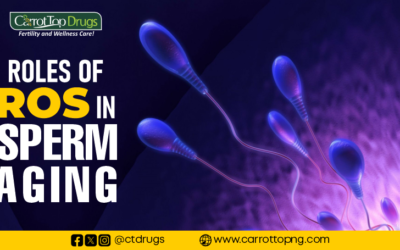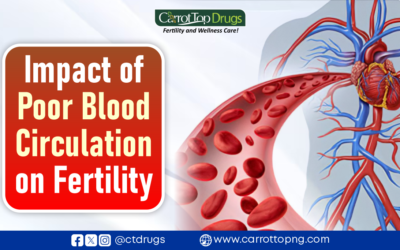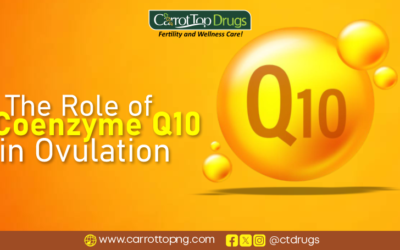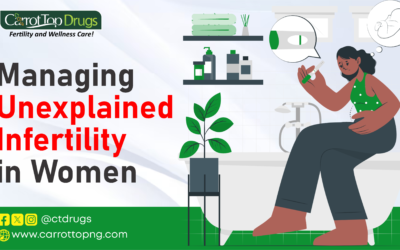Severe vomiting during pregnancy (hyperemesis gravidarum) is a condition which is characterized by severe vomiting, nausea, electrolyte disturbance and weight loss. Generally, it strikes between the 4th and 6th week of pregnancy and could be worst around the 9th to 13th week. Symptoms of Severe vomiting during pregnancy (hyperemesis gravidarum) usually get better by the 20th week, but not always. More information on Severe vomiting during pregnancy (hyperemesis gravidarum) include the following:
WHAT CAUSES SUCH SEVERE NAUSEA/VOMITTING?
It is thought that this severe nausea/vomiting is caused by a rise in hormone levels. However, the absolute cause is still not known. The symptoms of hyperemesis gravidarum usually appear between 4 to 6 weeks in pregnancy and may peak between 9-13 weeks. Most women feel relieved between the 14th to 20th week. Although, up to about 20% of women may require care for hyperemesis gravidarum all through the rest of their pregnancy. There is no known prevention for hyperemesis gravidarum, but it could be managed.
WHAT ARE THE SYMPTOMS OF HYPEREMESIS GRAVIDARUM?
Hyperemesis gravidarum usually starts during the first trimester of pregnancy. Less than half of women with hyperemesis gravidarum experience symptoms all through pregnancy.
Some of the symptoms include:
- Feeling dehydrated
- Loss of appetite
- Vomiting more than three or four times per day
- Feeling dizzy or light-headed
- Food aversions
- Severe vomiting and nausea
- Weight loss
- Headache
- Extreme fatigue
- Fainting
- Low blood pressure
- Rapid heart rate
HOW CAN HYPEREMESIS GRAVIDARUM BE MANAGED?
Treatment for hyperemesis gravidarum depends on how severe your symptoms are. Your Doctor may recommend natural nausea prevention methods such as ginger or Vitamin B-6.
Severe cases of hyperemesis gravidarum may require hospitalization. Pregnant women who are unable to keep fluids or food down due to constant vomiting and nausea would need to get them intravenously.
Medication becomes important when vomiting becomes a threat to mother or child. The most commonly used anti-nausea drugs are meclizine and promethazine. You can receive it intravenously.
Taking medications during pregnancy could cause potential health issues for the baby, but in severe cases of hyperemesis gravidarum, maternal dehydration is a more serious case. You should talk to your Doctor about the risk associated with any method of treatment.
Other treatments may include:
- Bed Rest: This can provide comfort, but you should be aware of the effects of muscles loss due to too much bed rest.
- Acupressure: The pressure points to reduce to reduce nausea is located at the three-fingers length way firm the crease of the wrist, the middle finger of the inner wrist and between the two tendons. You should locate and press firmly, one wrist at a time for three minutes.
In addition, make sure you take your daily dose of Evergreen natal care as it contains all the essential nutrients in the right formulation to maintain a safe and healthy pregnancy

















